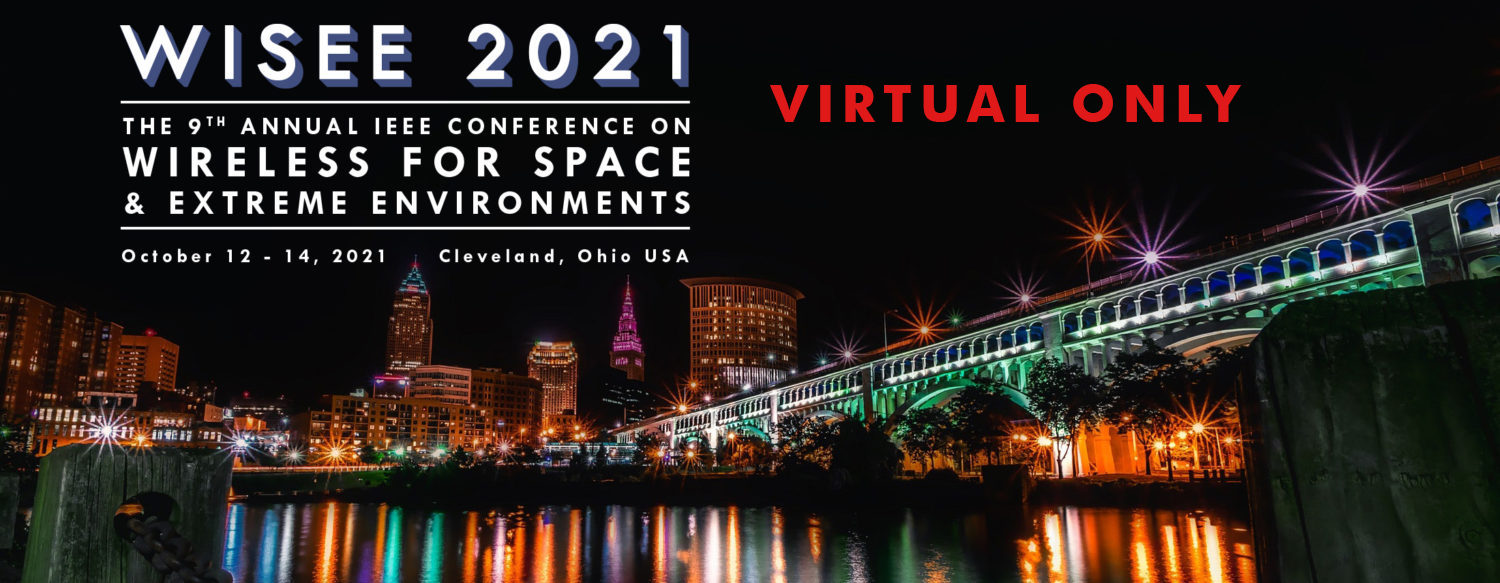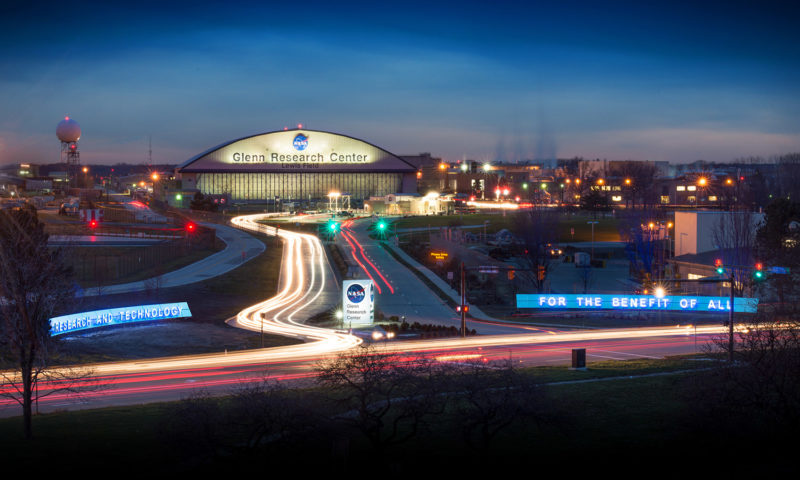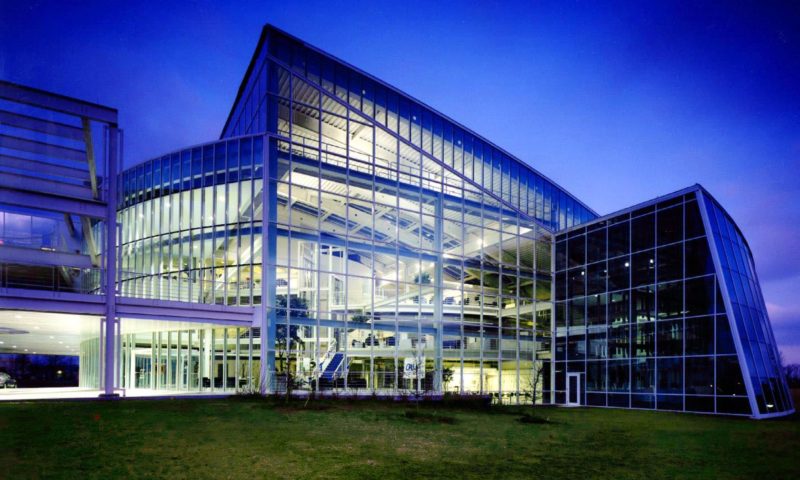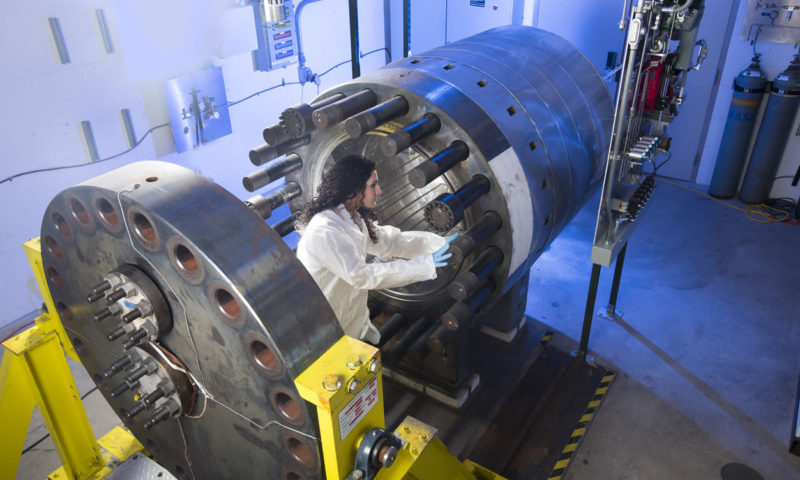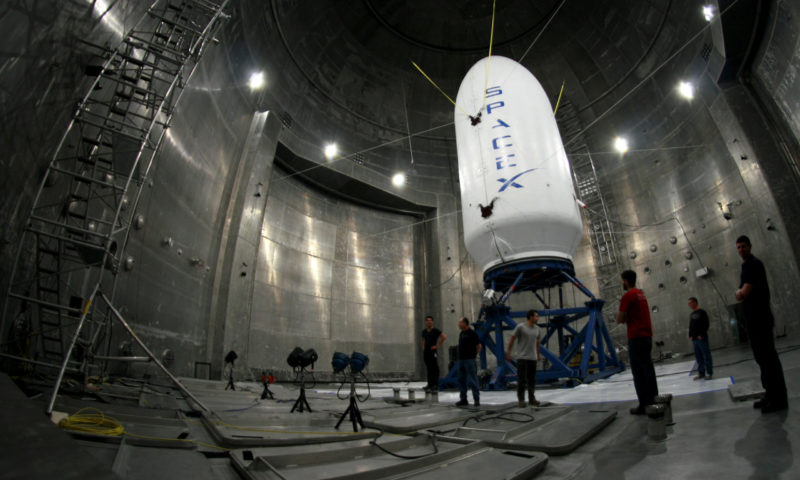Join us (virtually) in Cleveland, Ohio.
The 9th Annual IEEE International Conference on Wireless for Space and Extreme Environments (WISEE 2021) will be held on October 12 to 14, 2021 virtually from Cleveland, Ohio, USA.
WISEE 2021 Pays tribute to Dr. Safavi Video
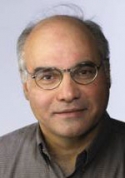 Dr. Safavi, IEEE Fellow and one of WiSEE authors who passed away recently, was a great scholar, scientist, and engineer, who touched so many lives and contributed tremendously to the global electromagnetics research community. Dr. Safavi was a professor in the Department of Electrical and Computer Engineering at the Univ of Waterloo (1996-2021). He received his BSc degree in electrical engineering from the University of Tehran and his MSc and PhD degrees in electrical engineering from the University of Illinois at Urbana-Champaign.
Dr. Safavi, IEEE Fellow and one of WiSEE authors who passed away recently, was a great scholar, scientist, and engineer, who touched so many lives and contributed tremendously to the global electromagnetics research community. Dr. Safavi was a professor in the Department of Electrical and Computer Engineering at the Univ of Waterloo (1996-2021). He received his BSc degree in electrical engineering from the University of Tehran and his MSc and PhD degrees in electrical engineering from the University of Illinois at Urbana-Champaign.
WISEE 2021 Best Paper Awards Ceremony Video
All session videos are available through EDAS, detailed program link for registered attendees.
Keynote Speakers
 |
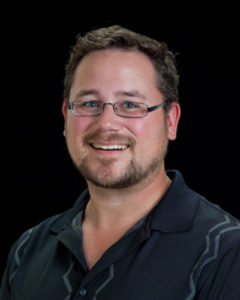 |
 |
| Dr. Stephen Rinehart Director, Planetary Research Programs NASA Headquarters |
Dr. Brad Bailey Program Scientist, Exploration Science Strategy and Integration Office NASA Headquarters |
Florence Tan |
| Technologies for the Future of Planetary Science | Commercial Lunar Payload Services: A new paradigm for designing and landing payloads on the Moon | Transformative Science with NASA SmallSats |
| Abstract & Bio | Abstract & Bio | Abstract & Bio |
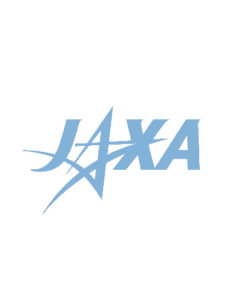 |
 |
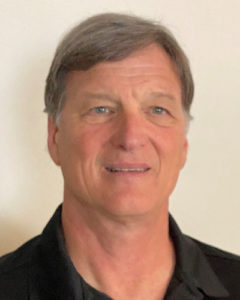 |
| Prof. Takeshi Takashima Institute of Space and Aeronautical Science (ISAS) Japanese Aerospace Exploration Agency (JAXA) |
Dr. Jolly Dhar Head, Microwave Sensors Receiver Division Space Applications Centre, Indian Space Research Organization |
Mark Lombardi |
| Interplanetary Voyage Missions and Deep Space Explorations including Phaethon Flyby and Dust Science | Gallium Nitride based and related Technologies for Space Applications | Flying without Moving: RF Channel Simulation of LEO Constellations in the Lab |
| Abstract & Bio | Abstract & Bio | Abstract & Bio |
Scope
Spaceflight involves critical sensing and communication in extreme environments such as planetary surfaces, space vehicles, and space habitats. The many challenges faced in space sensing and communication are extremely diverse and overlap significantly with those found in many terrestrial examples of extreme environments such as extreme hot or cold locations, extreme high- or low-pressure environments, critical control loops in aircraft and nuclear power plants, high-speed rotating equipment, oil/gas pipelines and platforms, etc. All of these environments pose significant challenges for radio-frequency or optical wireless sensing and communication and will require the application of a broad range of state of the art technologies in order to generate reliable and cost effective solutions. Although the specific challenges vary significantly from the environment to environment, many of the solutions offered by sensing, communication, and statistical signal processing technologies can be applied in multiple environments, and researchers focusing on space applications can benefit greatly from understanding the problems encountered and solutions applied in alternative environments.
This IEEE conference will bring together investigators from the National Aeronautics and Space Administration (NASA), the Canadian Space Agency (CSA), the European Space Agency (ESA), and other space agencies, along with aerospace and space defense industries and academic researchers, in an effort to understand and solve the emerging problems facing wireless sensing and communication in space and related extreme environments.
